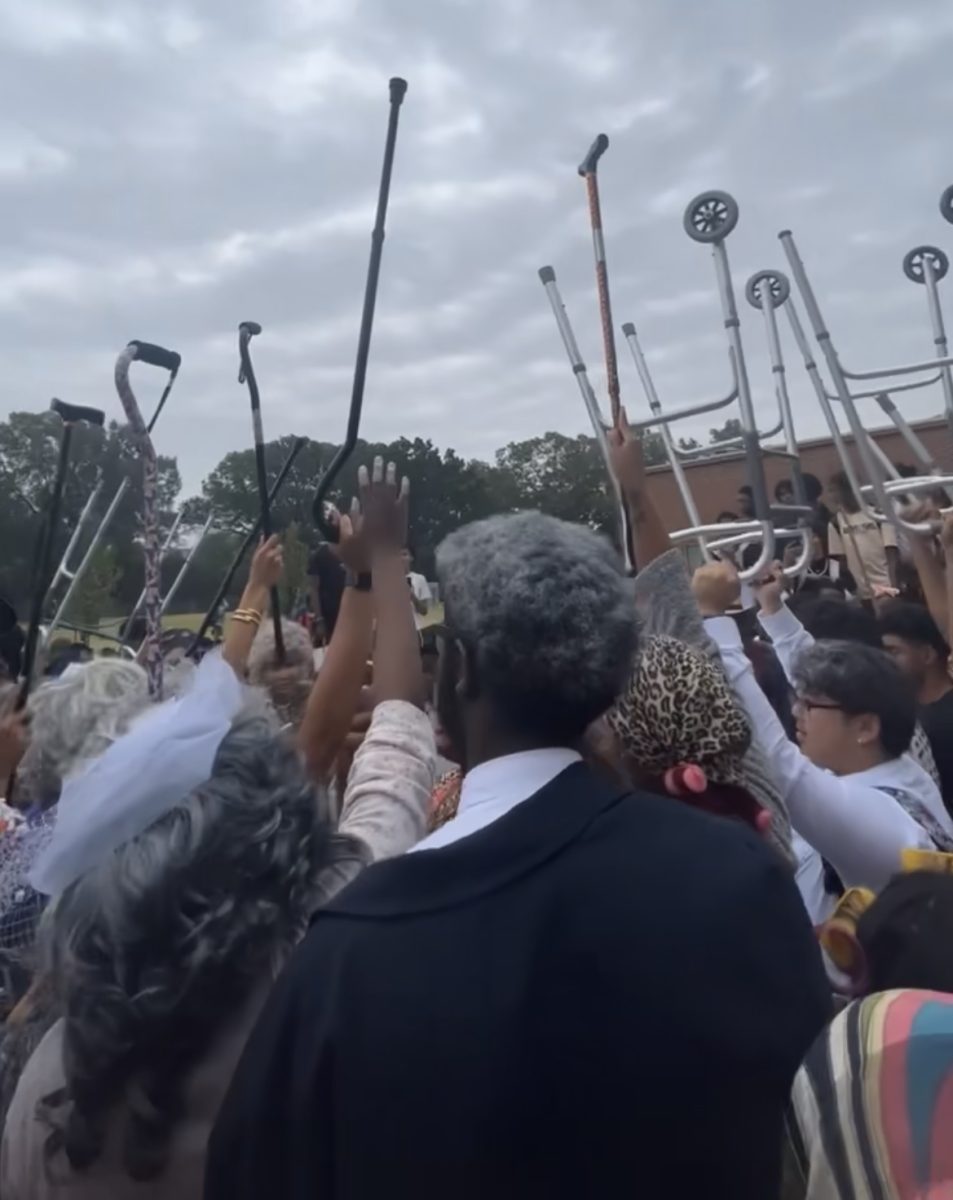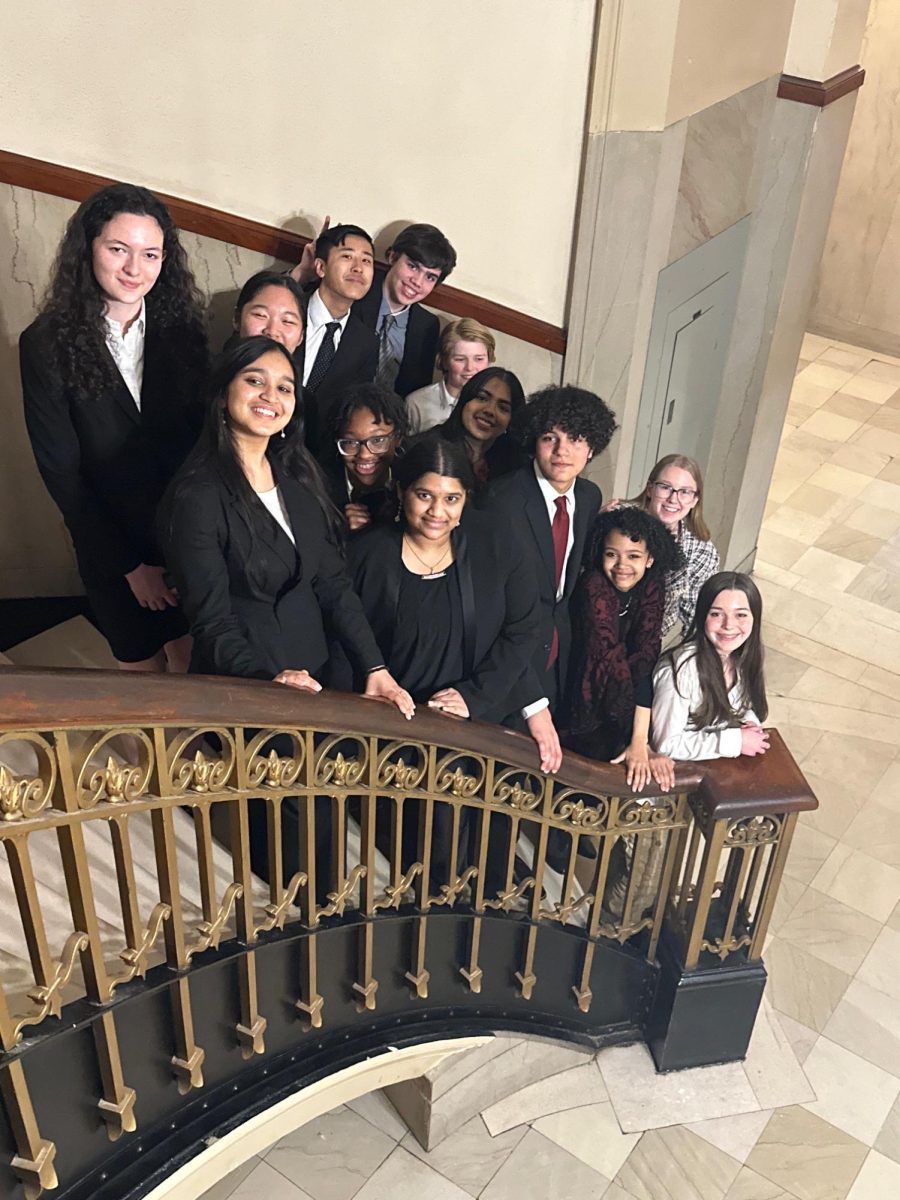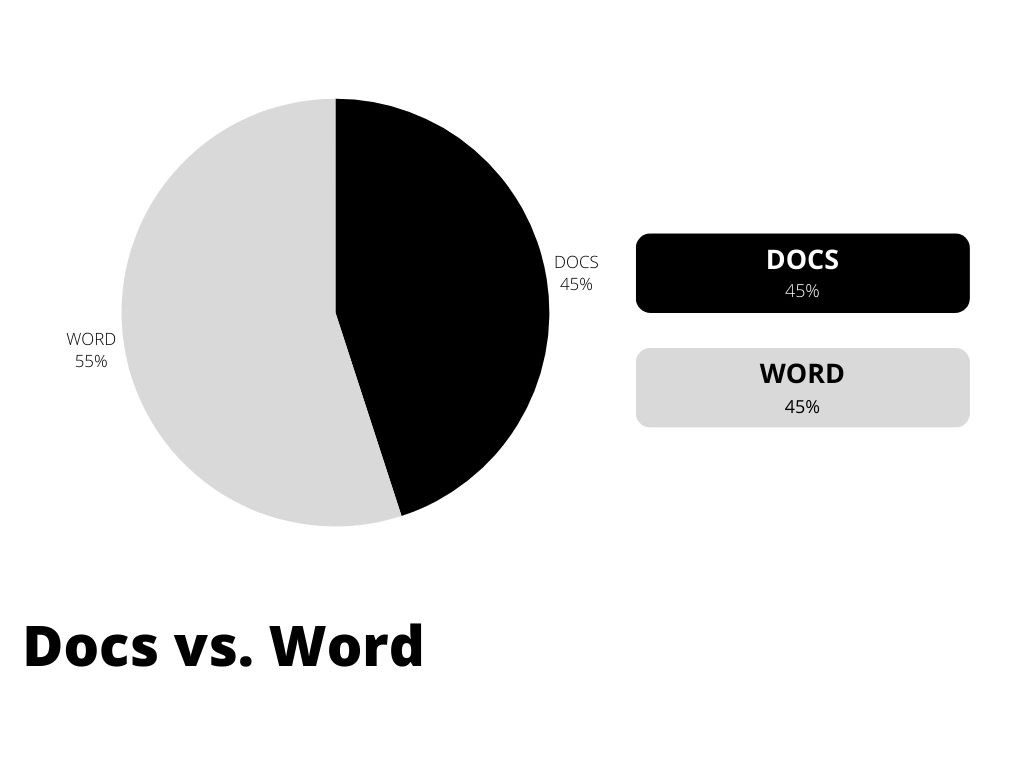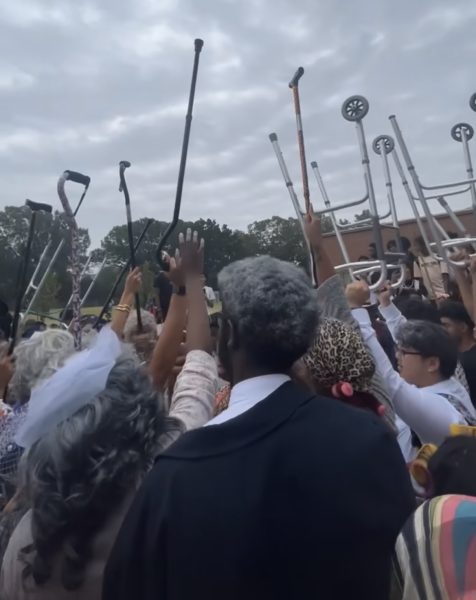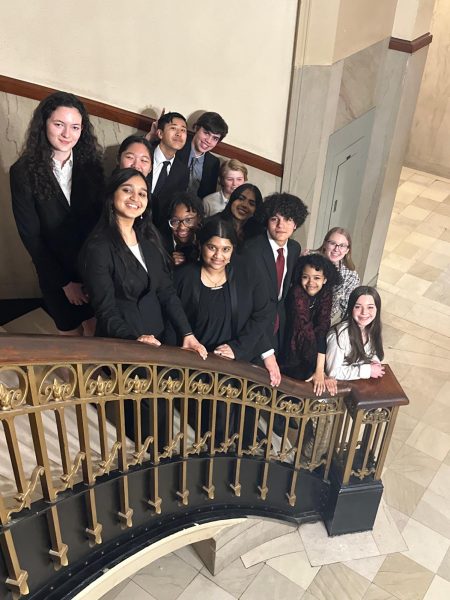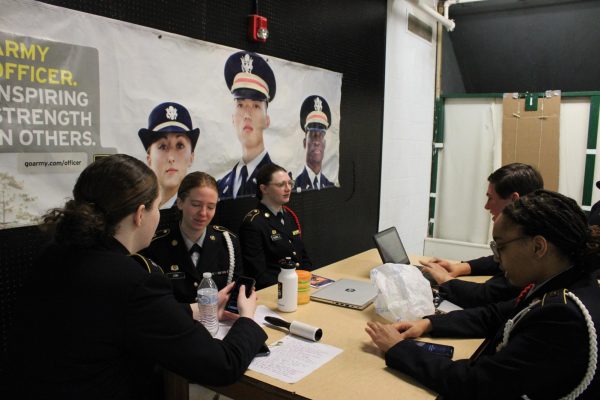Merger raises unanswered questions
This is the big year. The much-discussed merger has finally happened – officially. The actual process of merging is, however, far from over. It seems like numerous discrepancies between the former Shelby County and Memphis City Schools resurface every few days.
For example, SCS guaranteed the existence of an Optional Program this year, but have made no promises for the 2014-2015 year. Officials also put off the question of zoning last year, assuring students that they would be allowed to remain at their school for the 2013-2014 school year. But will students be expected to attend their neighborhood schools next year?
Key differences lie in the Optional program of legacy MCS and the Honors program of legacy SCS. Students in legacy SCS schools take specific honors courses based on merit. Unique to the former city system was the Optional program, which requires students to take a full year’s worth of honors classes.
“Every year, I see students who want to switch out of my honors class but can’t because they are in the Optional program. If this was like [legacy] Shelby County Schools, they would be able to,” said math teacher Susan Campbell.
Nearly all teacher classroom budgets have been reduced from $300 to $100. Increasingly, students have been asked to contribute funds toward classroom activities or materials such as Kleenex, hand sanitizer, and paper.
For AP Physics teachers Evie Cornell, the budget setback means less money to buy lab materials. This year she had been planning for her class to make rockets; now she has had to ask students to buy their own project supplies.
Beyond what students can see, many other questions of money remain
On the other hand, health insurance rates for teachers and staff have risen sharply. Previously, Memphis City Schools covered 70 percent of insurance costs. Now, Shelby County Schools will cover only 63 percent. Therefore teachers will have to pay more for insurance out of pocket.
“Because of the new health insurance policy, I’m bringing home less money than I have for ten years,” said counselor Candace Shears-Smith.
Teachers have also found there to be no step increase in pay for advanced degrees or education this year. Previously, teachers were compensated for advanced education such as Master’s degrees and Ph.Ds. They were also given a periodic increase in pay for every additional year teaching, for up to 18 years. Both of these forms of step pay have been revoked.
“I lost $200 on my first paycheck,” said personal finance teacher Mr. Oliver. “Poof! Gone.”
Ms. Holland explains that the decision was made in order to equalize salaries between legacy SCS and legacy MCS workers.
“The county teacher made a lot less than city teachers, while county administrators made a lot more than city administrators. So they increased county teacher salaries and froze city teacher salaries. Then they increased city administrator salaries,” she said.
Ms. Holland believes that the step pay will return. “I don’t know that they can get away with permanently doing away with step pay. Someone could take that to court. Next year, they might have to give two years’ worth of step pay.”
Just as some feel the backlash of the merger, others feel the benefits. Twelfth grade English teacher Ms. Douglas believes that the gain lies in the academic environment.
“[Teachers] are not having to do all the professional development work that in most cases was nonproductive, if not destructive,” she said. “Our emotional outlook is healthier. I know our energy levels and enthusiasm are bound to improve without the burden of so much meaningless extra work.”
Douglas also believes that teachers have been allowed more autonomy. “I think that the people making decisions – the leadership – is much more reasonable and they want to be informed. They’re willing to listen.”
Your donation will support the student journalists of White Station High School. Your contribution will allow us to purchase equipment and cover our annual website hosting costs.
